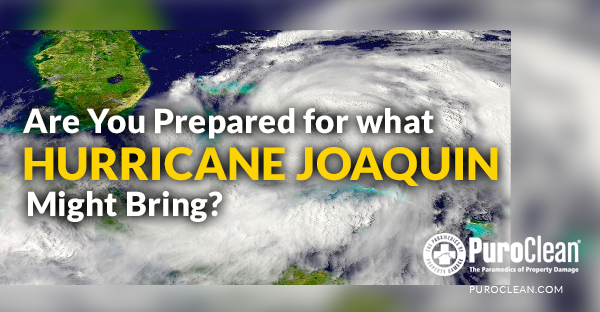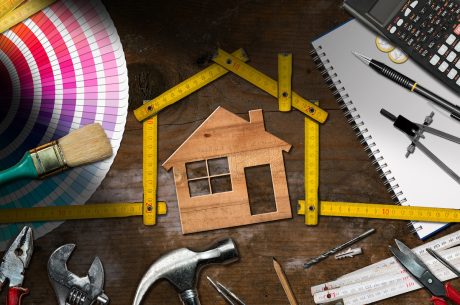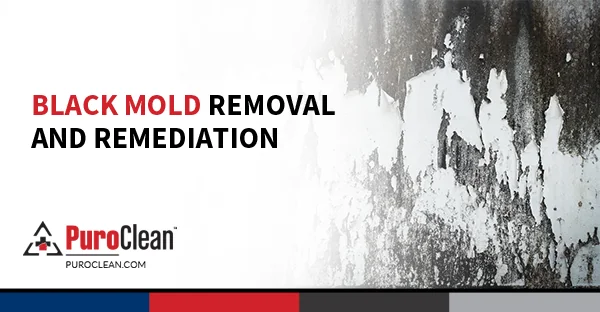
When a disaster strikes, it’s essential that you and your family are prepared and know what to do before, during, and after the crisis. First, know what type of natural disasters are most likely to occur in your area such as hurricanes, flooding, severe storms, and extreme heat. Learn how to prepare for these specific disasters before they occur. To establish a disaster preparedness plan that applies to any disaster, follow the guidelines below.
• Get info from local officials — Ask them about community response plans, emergency shelters, and evacuation plans. Also ask about plans in place for areas such as places of work, schools,
and daycare centers.
• Ensure your family knows how to contact each other — Plan how to get in touch with family members in case you get separated. Everyone should have each other’s contact information on paper or in their phone.
• Have emergency numbers handy — Assign an emergency contact person, keep a list of important phone numbers such as the police, local hospital, and fire department. Teach children how to
make emergency phone calls.
• Know the safest spots in your home — Choose the safest place in your house for each type of disaster. During a hurricane, for example, go to an interior room or a bathroom on the lower level.
But if a fire occurs, exit the house immediately.
• Establish a meeting place outside — If you need to evacuate, choose a meeting spot right outside the home. In case you can’t return home, choose a meeting place outside the neighborhood.
• Designate escape routes — Make sure each room has two exits and that everyone knows them. Use your house’s layout to help learn the escape routes.
• Conduct regular escape drills — Practice your evacuation drills at night and during the day with everyone in your home twice a year. Instruct everyone to go to the lowest level of the home and
away from windows if a tornado occurs. If family members have disabilities, plan to ensure their safety during a crisis.
• Plan your pets’ safety — If you have pets, make sure your emergency kit includes pet food and other pet items. Also, look for pet-friendly hotels or shelters before deciding where to go in
case you need to evacuate.
• Learn how to shut off utilities — Make sure your family knows how to turn off utilities (water, gas, and electricity) at the main shut-off.
• Protect essential documents — Store all important documents like birth certificates, passports, legal papers, and insurance policies in a fire-proof safe or safety deposit box.
• Purchase fire extinguishers — Place them on every level of the home and ensure that all family members know how to use them.
• Install smoke and carbon monoxide alarms — Have these detectors installed on every level of your home, including near bedrooms. Test the alarms monthly, replace the batteries twice each year, and change the alarms every 10 years.
• Check your insurance policies — To cover against property loss, review your policies or purchase new ones. Also, take inventory of your possessions to help you file an insurance claim after a
disaster.
Build an Emergency Kit
Having an emergency kit can help you and your family survive a natural disaster. Keep the emergency supplies in an easy to carry container like a backpack. Also, review your kit regularly and keep items fresh
by restocking. An emergency kit should at least include these items:
• Water for drinking and sanitation for at least three days; one gallon of water per person per day is recommended, but sick people, children or nursing mothers may need more water
• Non-perishable food for at least three days; avoid foods that make you thirsty.
• A first aid kit that contains scissors, tweezers, cloth tape, antibiotic ointment, adhesive bandages, non-latex gloves, prescription medication, etc.
• Hand-cranked or battery-powered radio and spare batteries
• Flashlight with extra batteries
• Whistle to call for help
• Dust mask, plastic sheeting, and duct-tape for shelter making
• Wet wipes and hand sanitizers
• Pliers or a wrench to turn off utilities
• Can opener
• Local map(s)
• Cell phone with an extra charger
• Blankets and clothing
If a disaster happens, contact PuroClean, we are to help. We can report and work directly with your Insurance Company while helping you resume your normal life. PuroClean of Massapequa’s professionals are standing by 24/7 to assist in property damage situations such as those resulting from storms, flooding, fire, odors, mold, and more.



 PuroClean of Massapequa
PuroClean of Massapequa